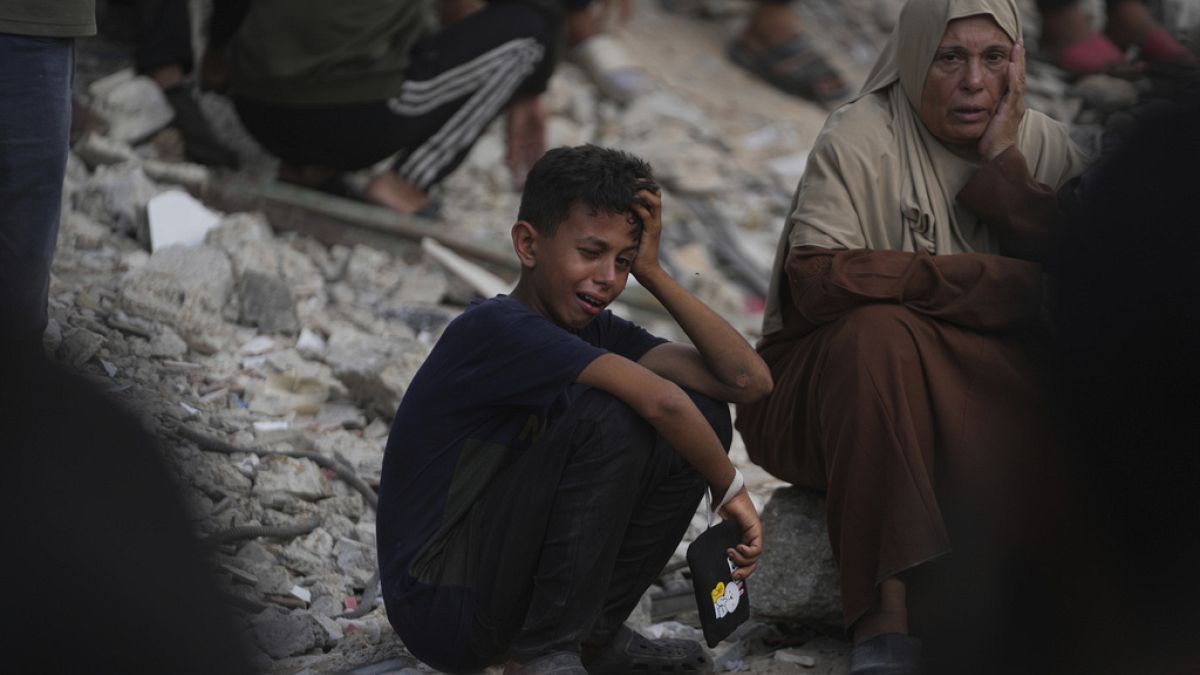

In recent days, the world has been grappling with complex challenges spanning migration, health, and security. The situation in Gaza, developments related to the West Nile virus in Italy, the broader implications of endometriosis, and issues surrounding online scams have highlighted the interconnected nature of these global issues.
In the heart of Gaza, residents face the stark reality of survival amid ongoing tensions and restrictions. The Israeli government’s proposal for ‘voluntary migration’ from the Strip has sparked significant debate, with critics cautioning against the potential for displacement under the guise of migration. This sensitive issue touches on the deeply rooted cultural and historical ties of the Palestinian people to their land, underscoring the emotional and social ramifications of such a measure. As the discourse evolves, international voices continue to push for solutions that consider the human element at the core of such policies.
Meanwhile, the world is reminded of the persistent threat of infectious diseases as Italy reports its tenth death this year related to the West Nile virus. With cases recorded across five European nations, this highlights the need for robust public health initiatives and preventive measures to contain outbreaks. The West Nile virus serves as a sobering reminder of the importance of vigilance in monitoring and controlling vector-borne diseases, particularly in regions vulnerable to such outbreaks.
In the realm of healthcare, a recent study reveals the extended impact of endometriosis beyond reproductive health. This condition, affecting countless individuals, is now linked to a myriad of other health challenges, with researchers identifying over 600 correlations. These findings call for a broader understanding and comprehensive approach in managing the condition, emphasizing the importance of innovation and patient-centered care in the medical field.
Amid these challenges, a new threat has surfaced in the digital world, where online scams are exploiting the trust of consumers. Reports of ‘ghost stores’ mirroring legitimate businesses to sell counterfeit weight-loss treatments, including those resembling Ozempic, have led to public concern. This deceptive practice, which includes impersonating well-known figures in the health industry, underscores the need for consumer vigilance and regulatory oversight in the ever-evolving digital marketplace.
As these stories unfold, they shed light on the importance of resilience and adaptability in facing global challenges. Each issue underscores the necessity of coordinated efforts, informed policy-making, and community engagement to foster solutions that are not only effective but also compassionate and inclusive.
The interconnectedness of people and nations calls for a collective response that respects human dignity, prioritizes health and safety, and champions honest and transparent communication. It is through such approaches that the global community can hope to address and overcome the multifaceted issues of our time.
Source: {link}
